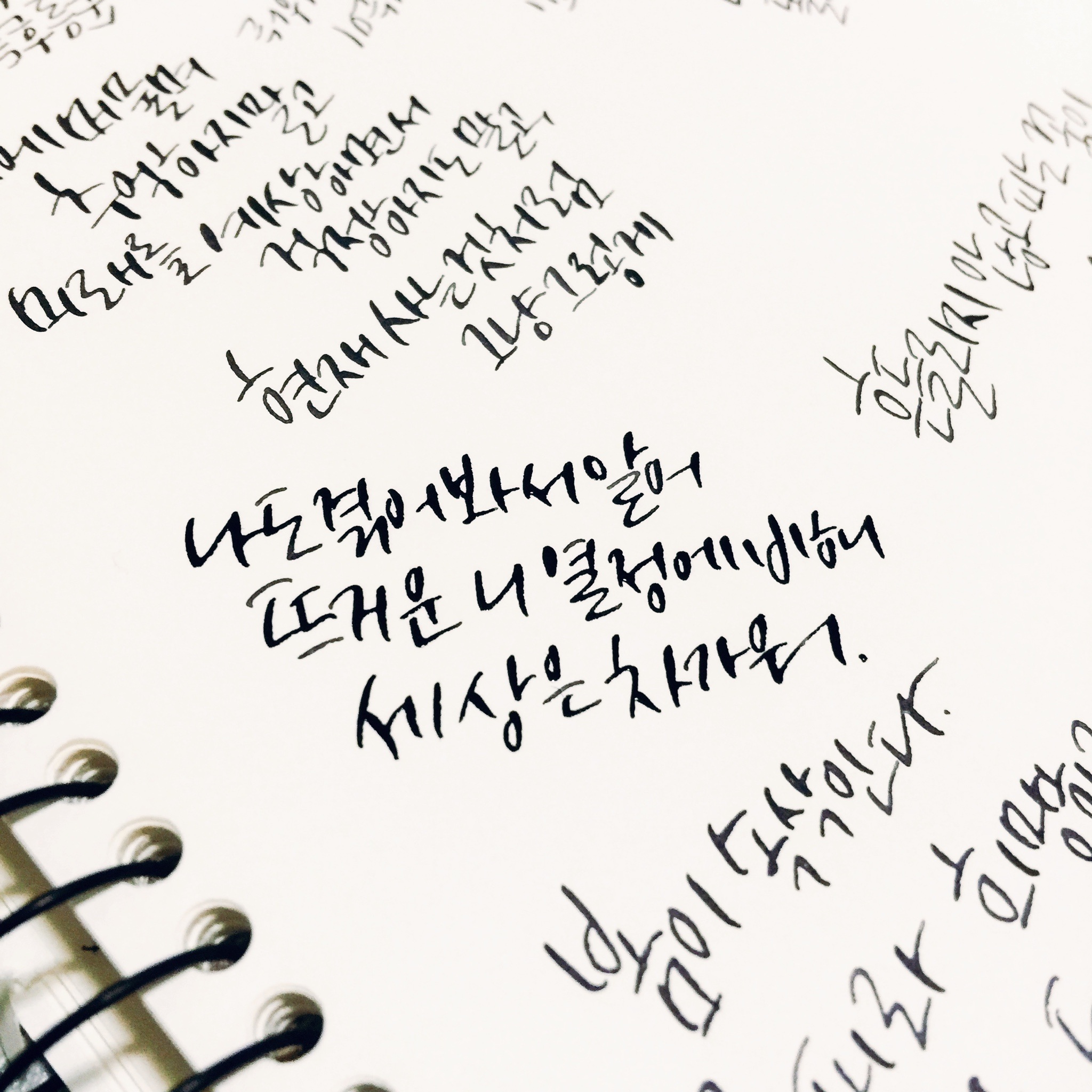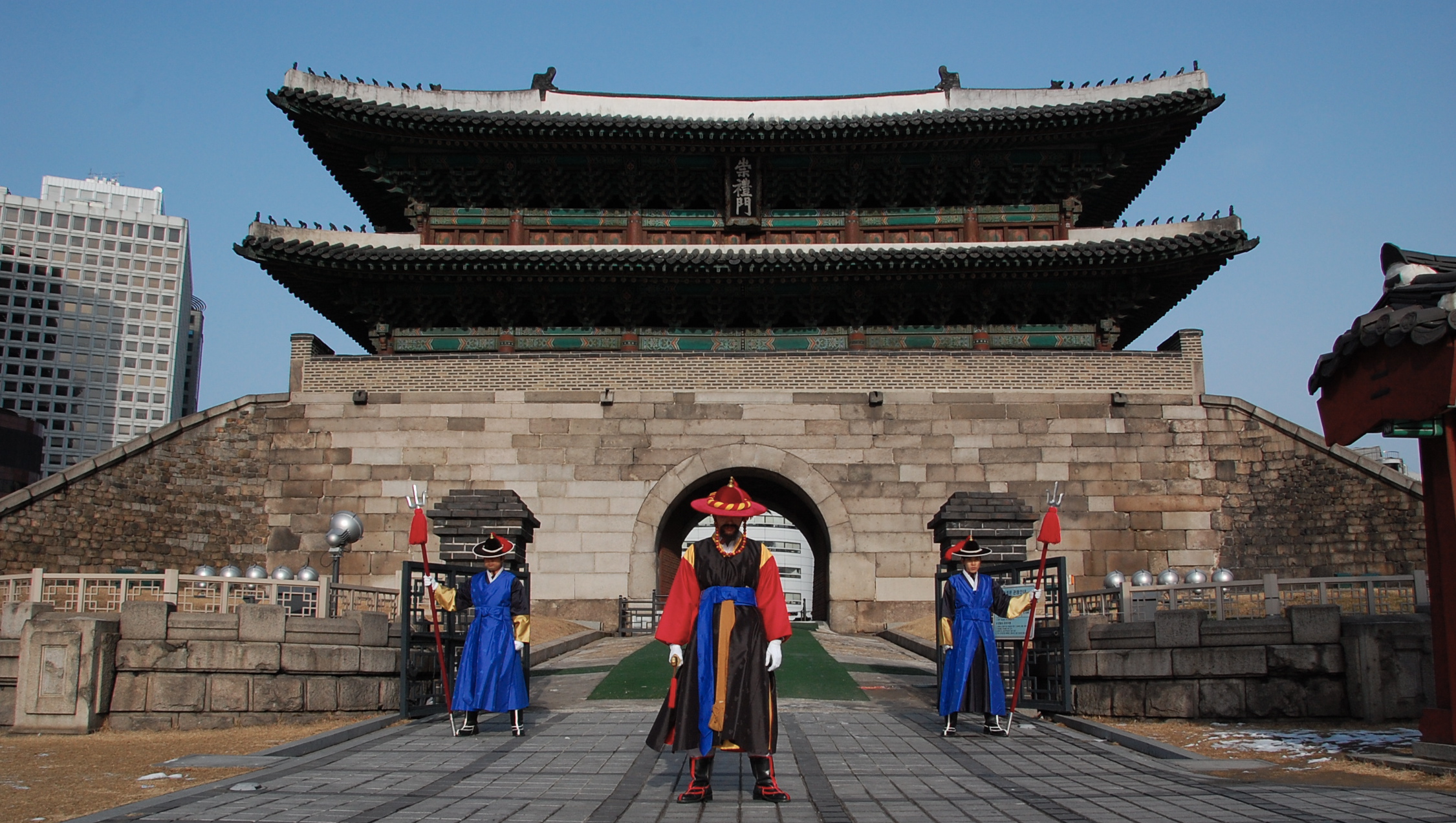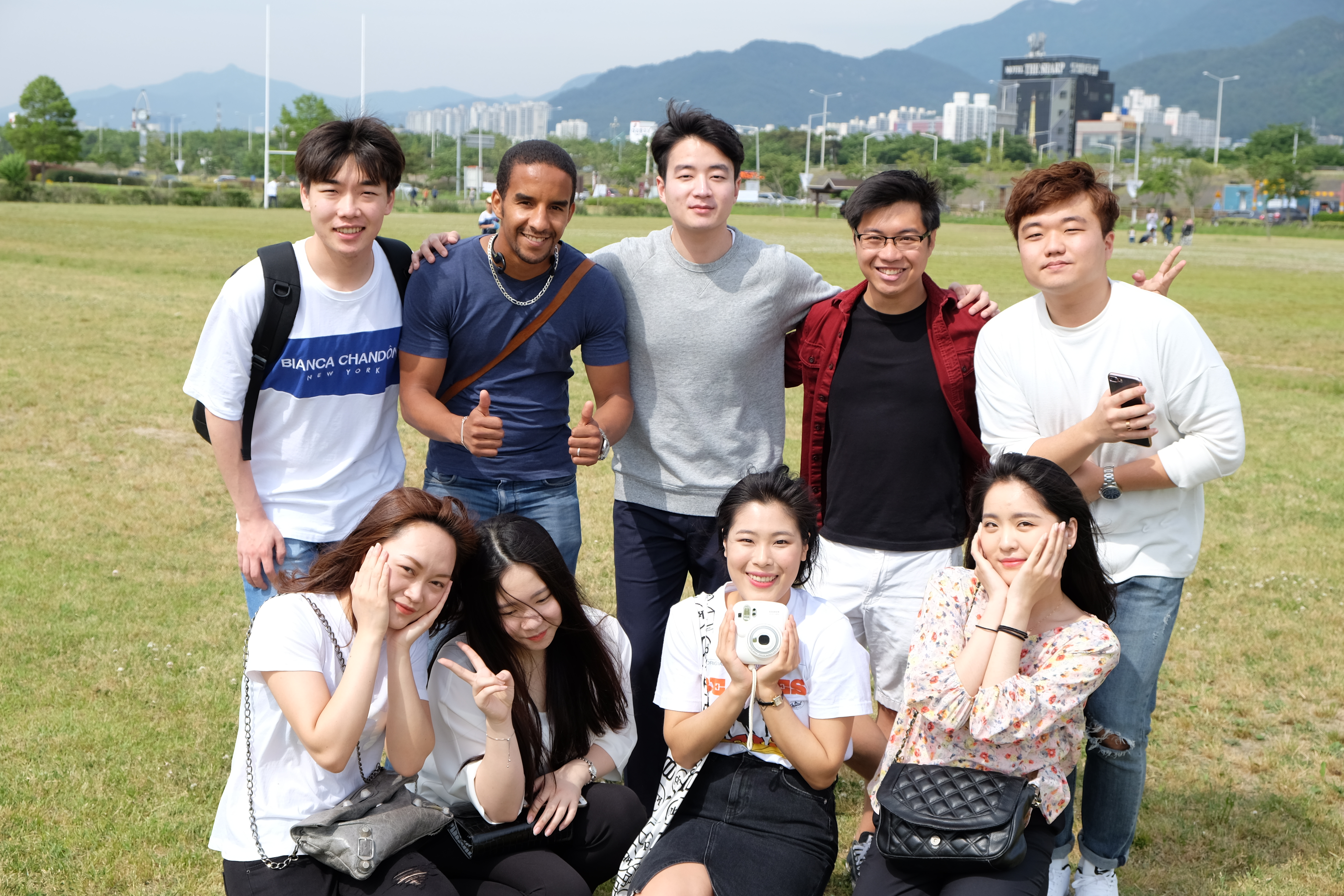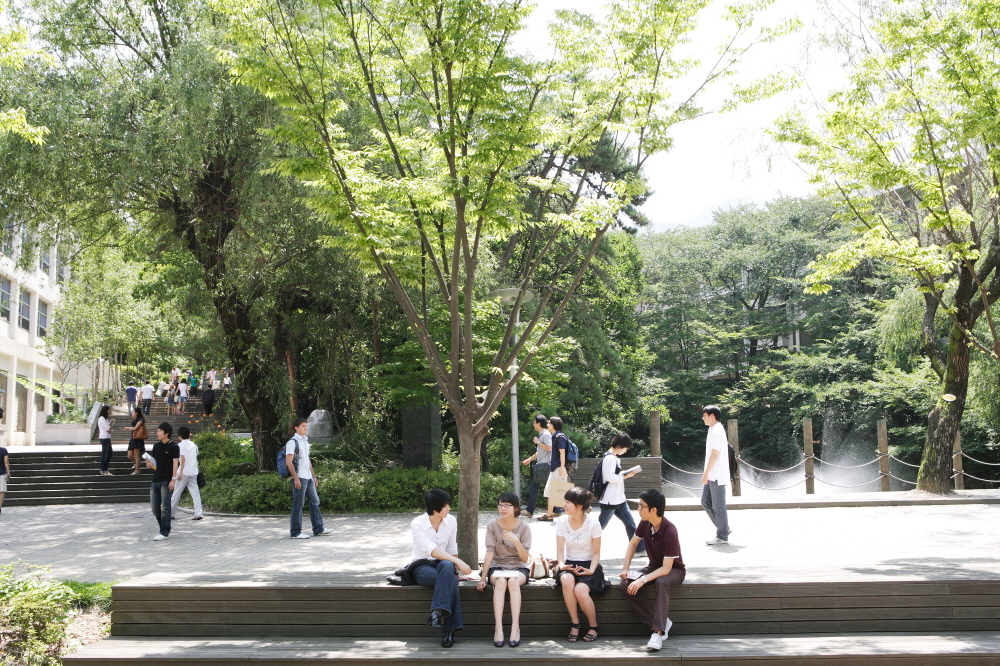03 August 2022
Working overseas can help you step out of your comfort zone and let you learn to work with people of different cultures. Korea is Asia’s 4th largest economy and has a dynamic and vibrant economy with a flourishing technology and arts scene. Think Samsung. Think LG. Think Hyundai. South Korean culture promotes the notion of togetherness and unity in a group. The work environment is very social in nature. Hence, this idea of building trust with other employees is crucial to Koreans in and out of the office eg. drinking sessions outside of working hours. Koreans are also well known to have a rigorous work ethic where you can expect to go beyond your own standards to keep up. It will no doubt be a fulfilling journey of self improvement to be a better person!
Can I work part-time in Korea while studying?
Today the experts at Flying Chalks will address this perennial question that we get asked all the time as we understand the financial pain of paying for school fees and daily living expenses etc in a foreign environment. Indeed a double whammy and hopefully working part-time will help to relieve your financial burden. The answer to the above question is “Yes! You can work part-time in Korea with your international student visa D2 or D-4, subject to certain terms and conditions as stipulated by Korea’s Ministry of Education“ Read on to find out more about certain terms and conditions that you have to be mindful of.
If you are unsure of which category your visa falls under, here is a general guide:
Everything you need to know about Government Regulations relating to part-time work
Before starting any part-time work, do obtain prior permission from the person-in-charge of the international students at your school and after which, head down to the Immigration office to apply for a part-time job permit.
Students can only work part-time jobs in Korea after 6 months.
There are also restrictions on the type of jobs you can take on so do take note before signing the dotted line!
A) Maximum Working Hours per Week
B) General Guidelines
Student visas are not to be abused and students should not work illegally or engage in criminal or undesirable activities in Korea. Those found doing so will have their visas cancelled and may also be charged in court, depending on the nature of the offence. Serious cases may also see themselves being deported and denied entry into South Korea in the future.
Types of part-time work allowed
Translation/interpretation services, waiter/waitress at restaurants, assistant work in offices, tour guide or sales assistant etc
Types of part-time work not allowed
Private tutoring, adult entertainment bars, construction, casino jobs etc
C) Required Documents needed
Passport, Alien Registration Card, Application form
Letter of Recommendation for part-time work, transcript or certificate of attendance
D) Change in Workplace
If there is a change in your workplace address, do remember to head down to the Immigration Office to report the change within 15 days of such an occurrence
E) Minimum Wage
The official legal minimum wage is 8,350 won (USD 7.06) per hour. However, do note that there have been many cases of employers exploiting foreign students by not paying them the minimum wage.
F) Seeking redress for worker exploitation
Should there be any issues with your employer such as late payment of salaries or unpaid wages, you can call the National Labour Consultation Center which is under the Korea's Ministry of Employment and Labour.
Where to find part-time jobs in Korea
In Korea, many part-time positions are found by word of mouth, especially the ones students are targeting. So do make many Korean friends and tell them that you are looking for a part-time job. Someone is bound to have heard of a part-time opening somehow or another. Alternatively, you can head down to your school employment centre where they may have part-time positions for library or store assistants. Do also keep a look out for job notices pasted outside the front entrance of local convenience stores, grocery stores and restaurants. Part-time job opportunities can also be found on popular job sites such as Albamon and Job Korea.
Words of Advice
Working part-time in a foreign environment while studying will not be easy. It will be challenging and taxing depending on the job you take on. And if you are new to Korea, don’t rush to get a part-time job just yet! We would suggest that you familiarize yourself to your new surroundings first and adapt to the local culture (this can also help to minimise any culture shock or clash at the workplace). The initial stages of applying for the permit and requesting permission from the school may also seem confusing at first, but do not give up and press on! In addition, we would like to caution you that most employers do not offer benefits such as health insurance and paid leave to their part-time employees. There are also known to be unscrupulous employers who intentionally take advantage of international students by paying less, paying late, not paying the minimum wage and in a few cases not paying the part-time workers at all.
Hence, ensure that you negotiate working hours, hourly pay, as well as any terms and conditions in advance before starting work and get everything in writing! Should the contract or agreement is in Korean, ask your Korean chingu (friend) to help to read through the fine print so that should any issues arise in the future, this written agreement will protect your rights and will definitely come in handy for both parties when it comes to legal action. You may also want to bring your Korean chingu along to act as an interpreter should there be potential for misunderstandings. An employer is less likely to cheat an employee with a written agreement as opposed to an employee with only a verbal agreement.
Trust your instincts too and be cautious. Observe your surroundings when you are your potential workplace. See how the workers there interact with each other. Should you get a negative vibe at the workplace, it will be better to stay away and find another job.
Still have more burning and pressing questions about working in South Korea as an international student? Don’t worry! Here at Flying Chalks, we are here to help! From finding a university spot for you to settling your visa and accommodation, the education experts can help you from start to finish without you worrying a single bit. We also have an English-speaking team in South Korea to assist our students should they encounter any problems. Sign up now for a free consultation by simply filling up the application form below. Alternatively, you can visit our Study Abroad in Korea page to find out more.







, Management & Science University (MSU) (School), Malaysia (Country).jpg)
